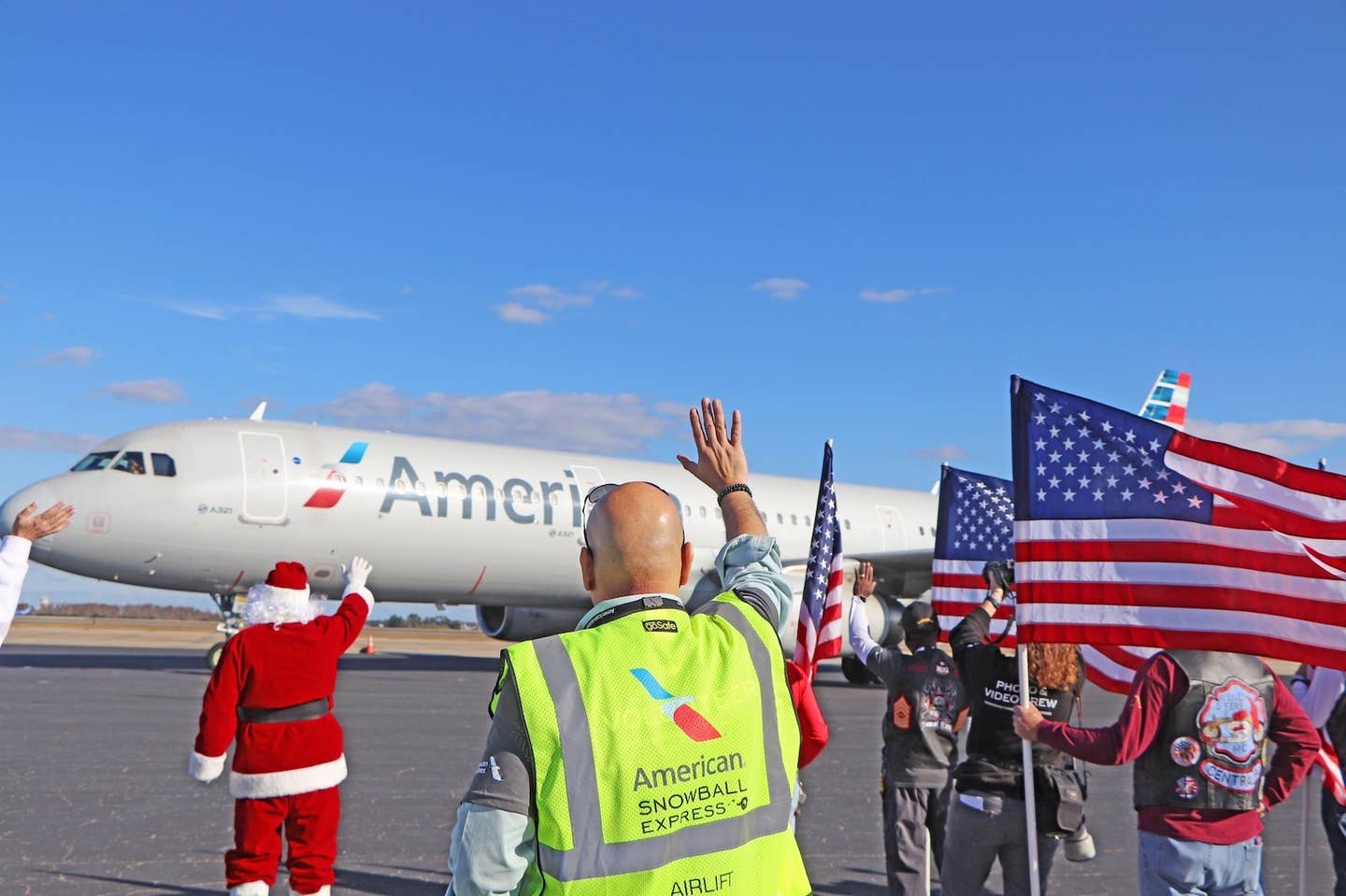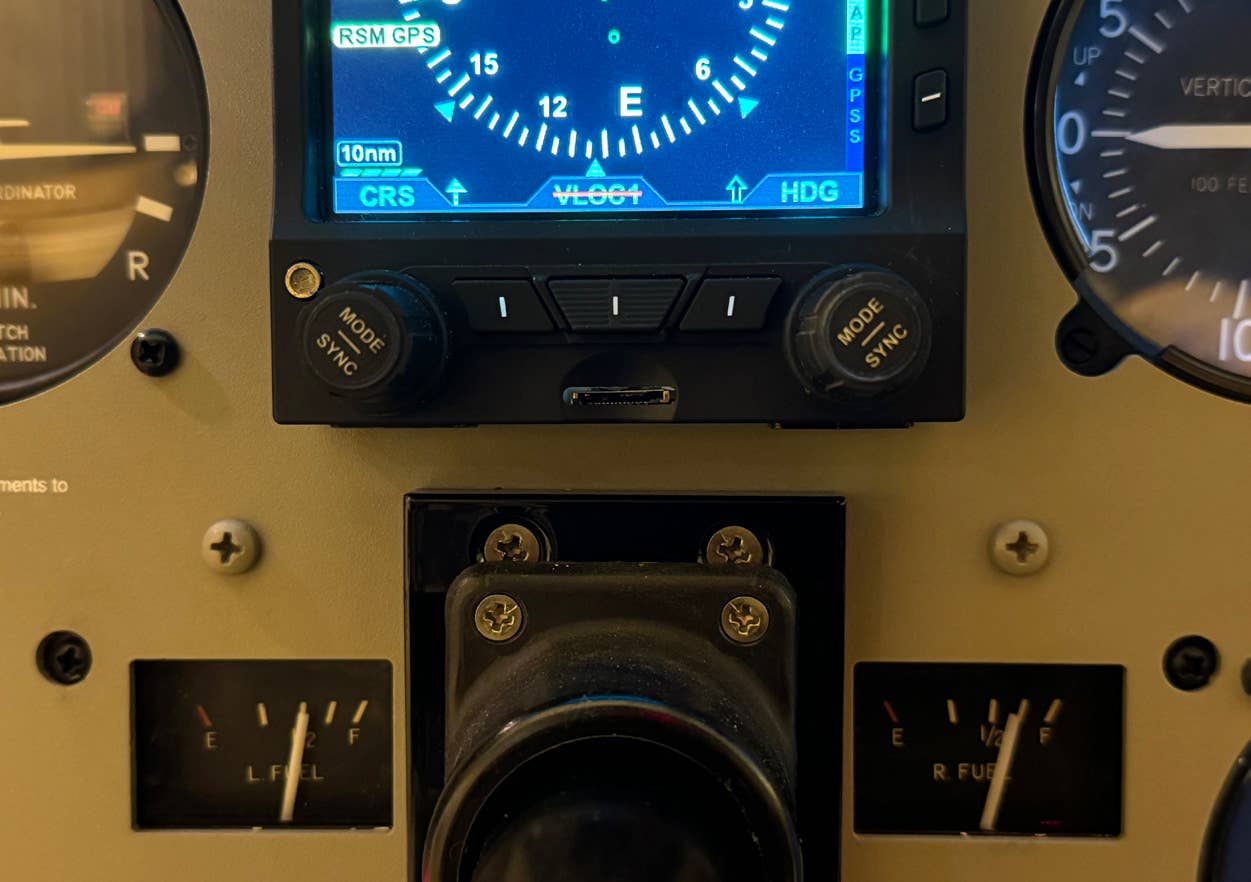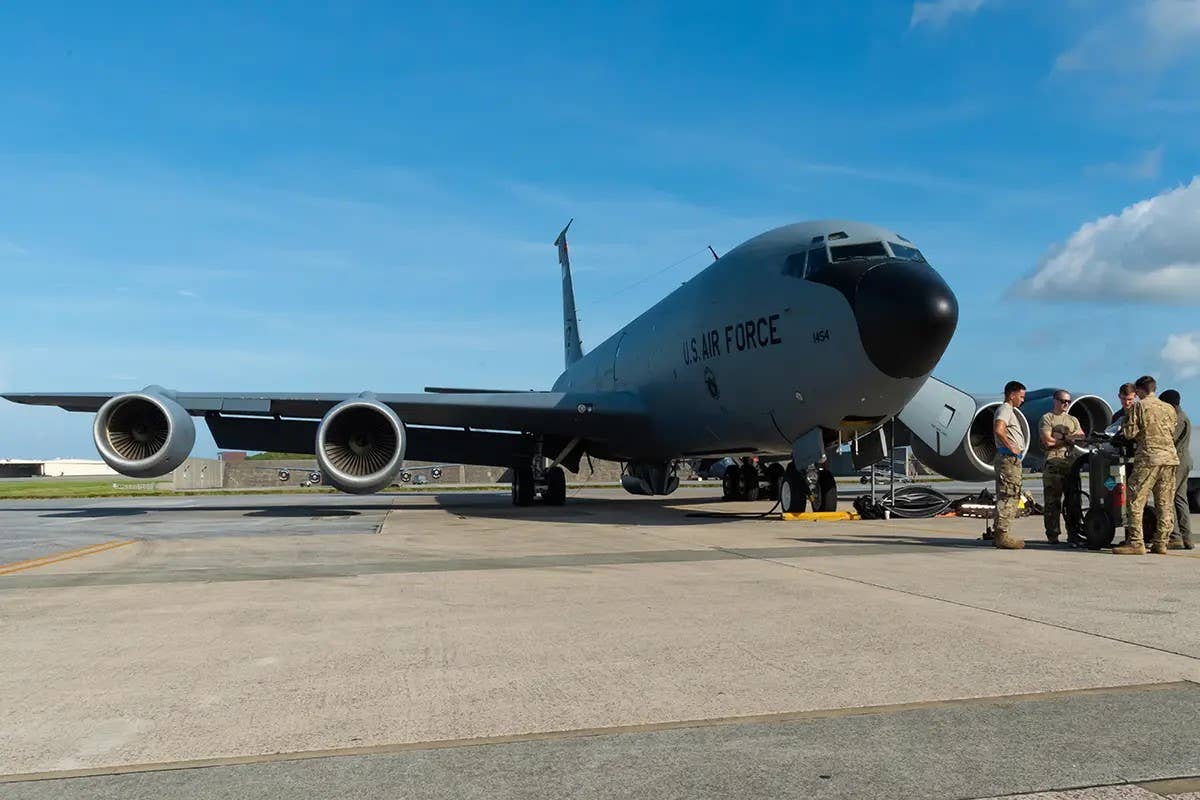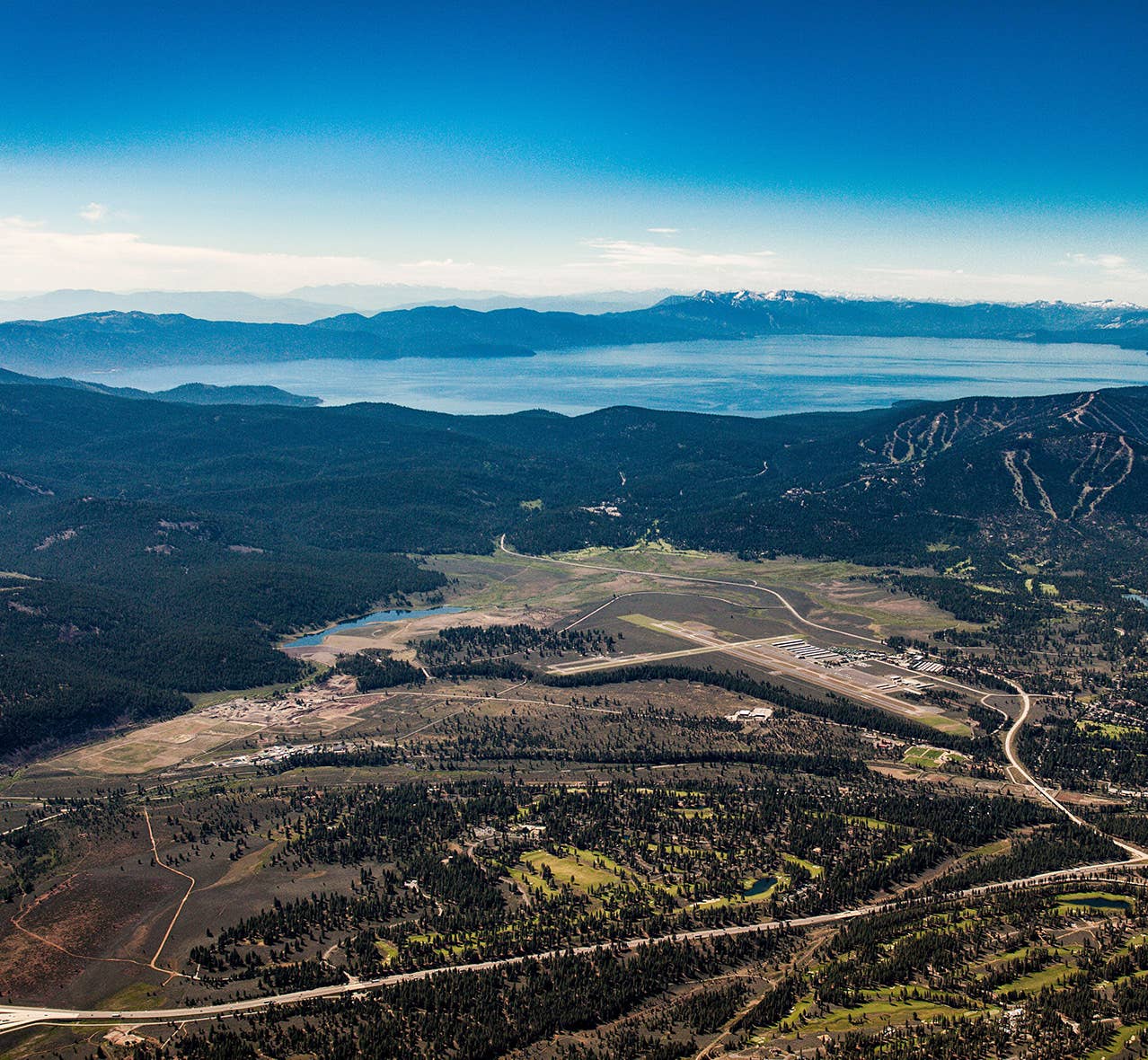Delays Plague Vertical Aerospace eVTOL Certification
The company, which has pushed its target to 2026, expects industrywide certification ‘timeline corrections.’
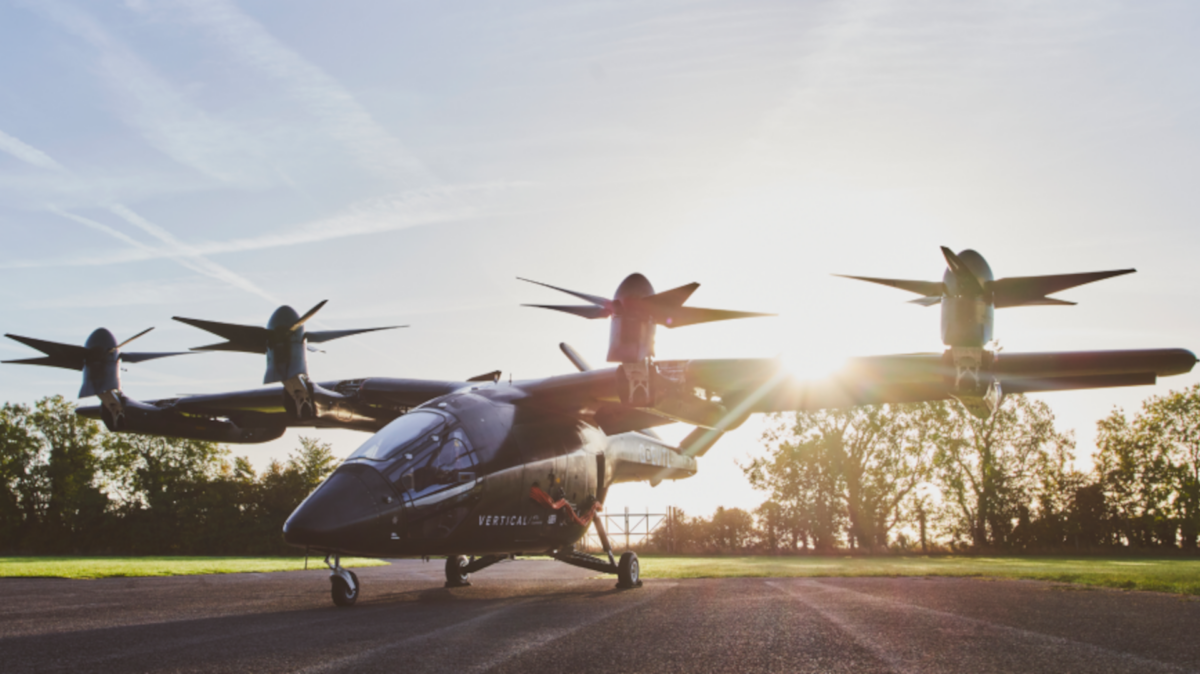
The VX4, pictured, won’t be certified in the U.K. until 2026. [Credit: Vertical Aerospace]
Are air taxi services due for a “timeline correction?”
That’s the outlook for Bristol, U.K.-based electric vertical takeoff and landing (eVTOL) aircraft manufacturer Vertical Aerospace, which at the beginning of May told shareholders that it’s pushing back certification of its VX4 air taxi with Britain’s Civil Aviation Authority (CAA) from 2025 to 2026. It’s the second time the firm has delayed certification since April 2022, when it changed its target from 2024 to 2025.
In a shareholder letter accompanying Vertical’s financial statement for the first quarter of 2023, CEO Stephen Fitzpatrick explained that the company’s revised guidance stems from a lack of agreement with authorities on compliance methods for new technology—a challenge he expects his competitors to face as well.
“For instance,” Fitzpatrick said, “as we begin to consider our means of compliance with the CAA, we will work through factors out of our control, such as the testing it requires for this technology. We believe the industry as a whole will experience some timeline corrections, and we are already seeing signs of peers acknowledging this.”
Fitzpatrick may be referring to rival Joby Aviation, which recently delayed its commercial launch because of regulatory hurdles, or Lilium, which has scrapped its plans to launch a regional air taxi service in 2024 and last year pushed back its certification target to 2025. Other companies, meanwhile, have held firm, like Archer Aviation has with its late 2024 deadline.
So, how does Vertical stack up to these manufacturers?
According to its first-quarter 2023 financial statement, the firm has about $130 million in cash and cash equivalents on hand. That’s compared to around $50 million for Joby, which also has short-term investments of $928 million, based on the most recent company data. Lilium has about $180 million while Archer sits close to $300 million—both have short-term investments of around $150 million.
Vertical also has a short-term investment of about $141 million from the U.K.’s Aerospace Technology Institute to support its development of hydrogen and battery propulsion systems with Rolls-Royce. But crunching the numbers, Vertical is the most cash-strapped of the eVTOL “Big Four.”
However, Vertical has a few things working in its favor. Among eVTOL makers, it trails only Eve Air Mobility in total orders with 975 as of December 2022, buoyed by an order of 250 aircraft from American Airlines.
The company also says it’s well positioned for a fundraise later this year, which should bolster its cash flow. And in March, it became the first eVTOL manufacturer to earn a design organization approval—a key step required for type certification—from the CAA. So, despite Fitzpatrick’s recent admission that Vertical “didn’t know about certification” when he founded the firm in 2017, it appears to be top of mind now.
Still, Vertical and the rest of the industry face a steep path ahead.
The CAA, having adopted European Aviation Safety Agency standards for VTOL certification, has classified air taxis as a “special condition” under existing rules rather than developing a new certification specification. That means it won’t need to develop an entirely new standard for VTOL aircraft, which could speed up the certification process.
All of this bodes well for Vertical’s prospects in Britain. But it will need to tackle U.S. certification as well.
Mirroring its approach to drones, the FAA has taken a conservative approach to eVTOL certification centered around safe integration. The agency did release an updated blueprint of its vision for air taxis in the national airspace and is planning to unveil an implementation plan this month, but certification standards remain in flux.
In lieu of standards that would apply to all eVTOL designs and operations, the FAA has issued proposed airworthiness criteria for Joby and Archer. Rivals such as Vertical and Lilium still await the requirements they must meet in order to fly in the U.S., but it’s worth noting that the FAA and CAA are working together to develop a new regulatory framework.
Vertical and others are also targeting certification in Japan. So far, the British company has sizable orders from Japan Airlines and trading and investment firm Marubeni, with plans to launch commercially in Japan in the mid-2020s. And recently, it successfully applied to place the VX4 into the Japanese Civil Aviation Bureau’s type certification process.
Joby, Boeing-backed Wisk Aero, and other U.S. eVTOL manufacturers are also eyeing services in the country.
Despite all of this activity, though, the first eVTOL certification appears to be at least a few more years away. It remains to be seen whether the industry is undergoing “timeline corrections,” as Fitzpatrick said. But given the lack of clear regulations and the delays from Vertical, Joby, and Lilium, it’s not unreasonable to expect others to push back certification as well.

Sign-up for newsletters & special offers!
Get the latest FLYING stories & special offers delivered directly to your inbox

